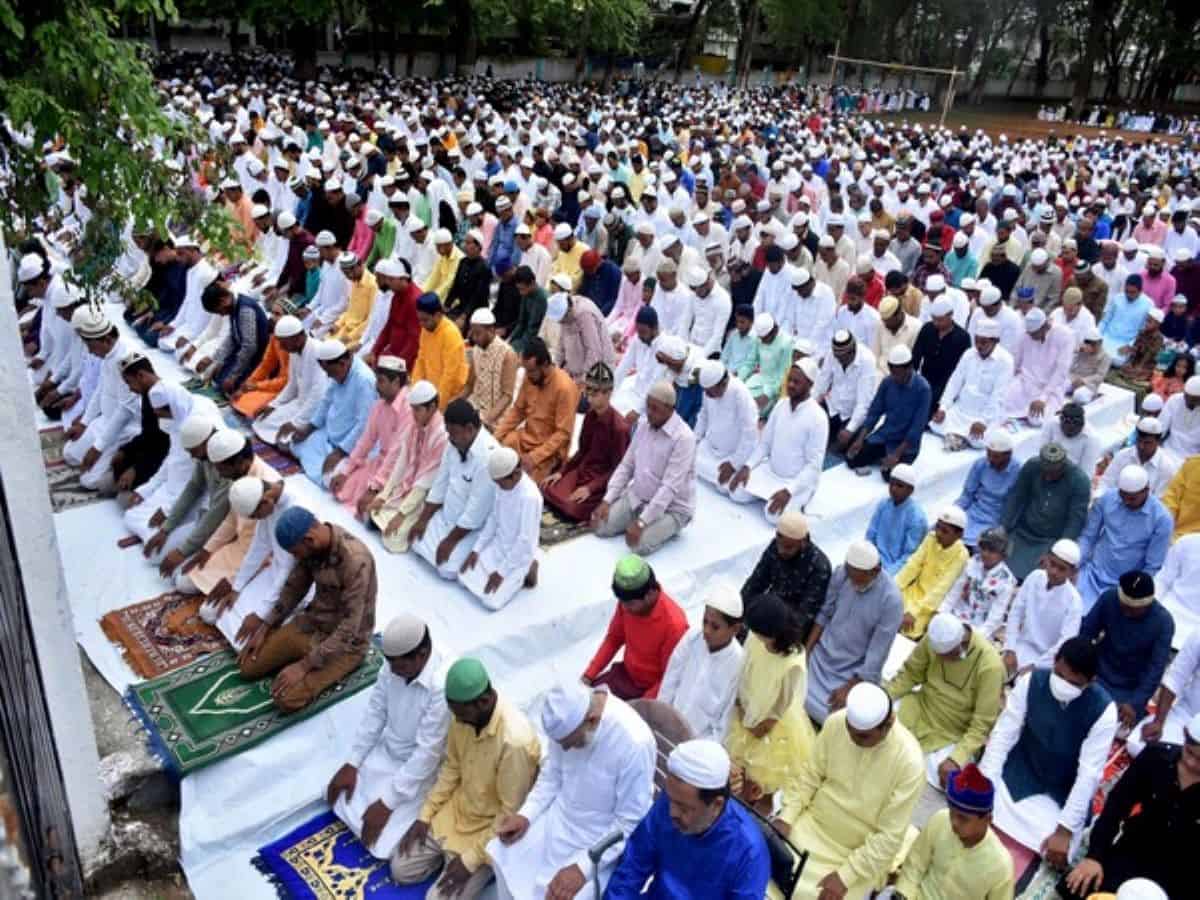
Six Muslim organisations in Canada have urged the country’s Superior Court court to review and declare a provincial proclamation unconstitutional in Quebec, that banned religious activity in schools, issued by the Canadian education minister.
The Muslim groups which include ‘The Muslim Association of Canada’, ‘The Canadian Muslim Forum’ and four local organisations, filed a petition this week, with a Quebec Superior Court asking to declare the order to prohibit all forms of prayer in public schools as “constitutionally invalid, inapplicable, inoperative, or to annul.”
Middle East Eye quoted the petition file that reads, “The plaintiffs request that a declaratory judgment concerning the interpretation to be given to the principles of laicity and religious neutrality of the state be rendered so that these principles cannot be used to order prohibitions of prayers or other religious practices in public places,”
The Muslim group challenged the religious activity ban in court and claimed that this discriminatory rule breaches the Canadian Charter of Rights and Freedoms.In April, education minister Bernard Drainville issued the ban on prayers in schools after reports of at least two Canadian schools permitting students to gather on school property for prayer were reported.
Drainville had announced that any kind of religious activity, whether it be in schools, vocational training centres or adult education centres is banned, and if found any institution violating the order will be investigated. He defended his order by saying that “Educational institutions cannot be used for the purposes of religious practices such as open prayer or other similar practices.”
Middle east eye reported that Muslim groups objected and write in their file that secularism aims to ensure the state is not religious.
“The resulting obligation of state religious neutrality should not be interpreted in such a way as to favour one religion rather than another or to target, directly or indirectly, one religion rather than another,” the file reads.
In 2021, the Quebec court upheld parts of the law that puts a ban on some government workers from wearing religious attire, such as hijab at the workplace.
